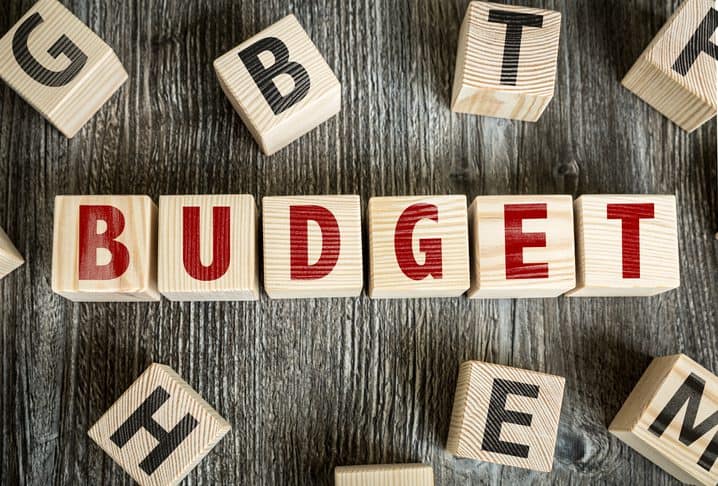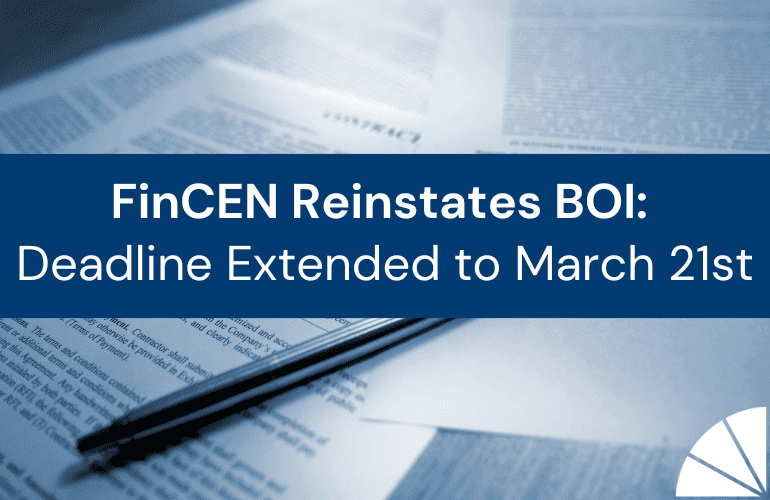
You wouldn’t venture on a road trip without having some idea of your destination and route. You might take detours or make unscheduled stops along the way, but following the general plan guarantees that you’ll get where you want to go. Think of a budget as a financial road map: creating one helps you to make the best decisions for your business’ immediate and long-term future. It gives you a framework and a big-picture view that allows you to prepare for what’s coming down the road, whatever it might be.
What is a Budget?
A budget is an estimate of how much money your business is going to bring in and spend during a period of time (typically on a monthly, quarterly, or annual basis).
When Should I Create a Budget?
There’s no bad time to start but creating a budget that looks far enough out into the future is key. Typically, your budget should account for at least the next 12 months of your business so you’re able to best plan for a full year of your business’ cycle.
Who Should Be Included in Your Budget Creation Process?
Depending on the size and complexity of your business, you should include any management or upper level management who focuses on a financial aspect of your business. For example: the Director of Sales (who needs to be aware of revenue goals) or the Operations Manager (who is managing day-to-day expenses) should be involved.
Why Should I Bother Creating a Budget?
Budgeting is something that’s often overlooked once you’ve established your company and have grown comfortable with the ins and outs of your business. However, setting up a budget each year on a monthly, quarterly, or annual basis has countless benefits.
The most obvious and beneficial part of setting up a budget is to assure that your business stays profitable and on track, which might mean maintaining capital or your profit margin. Keeping a budget assures that you’ll be tracking how much money you’ve spent and how much you’ll need in the coming months and years. Almost no business is flat and consistent month in and month out, but the successful business has planned for these down months during the good months.
Creating a budget also assures that you can follow where your businesses expenses are going and where in your business you may need to infuse more capital. Under-utilizing or over-utilizing capital in the wrong areas of your business hinders growth and reduces your returns. As you track your actual performance to your budget, you will be able to see the direct correlation between where capital is being spent and your growth.
Alternatively, budgets can double as goals for your business. It’s not uncommon to stretch your budget a bit to either reduce expenses or increase income. With a more aggressive budget, an internal pressure is put in place to drive growth and profitability. This drive will have a trickle-down effect to your employees and create an environment focused on the financial snapshot of the business.
No business, regardless of size or type, can afford to be without a budget. An accurate and comprehensive budget can serve as both a useful day-to-day tool and a long-term insurance policy. Too many businesses overlook this critical step because the budgeting process can be daunting – but it doesn’t have to be. LGA can help your business plan for its financial future. Contact Frank Storniolo today to get started.
Written by Michael Abramowitz





